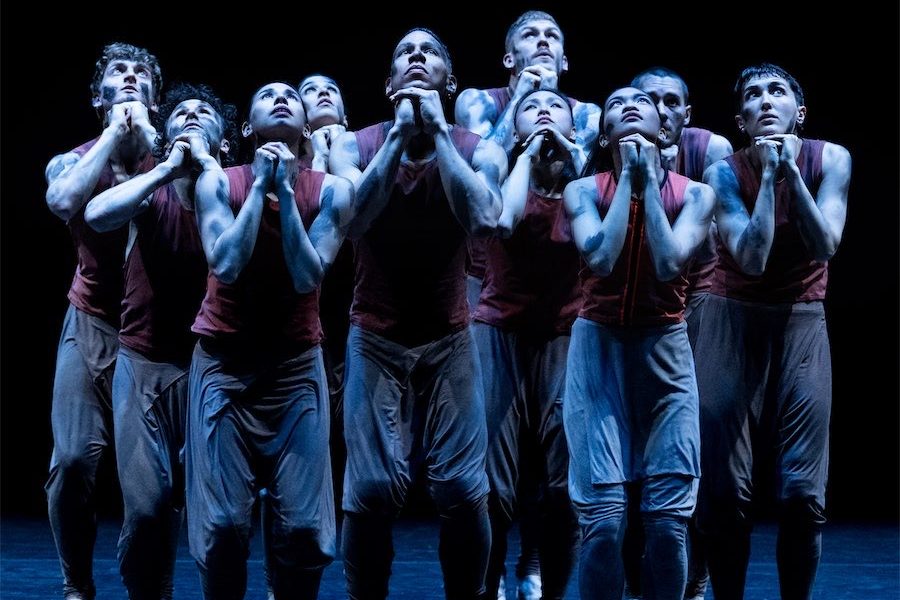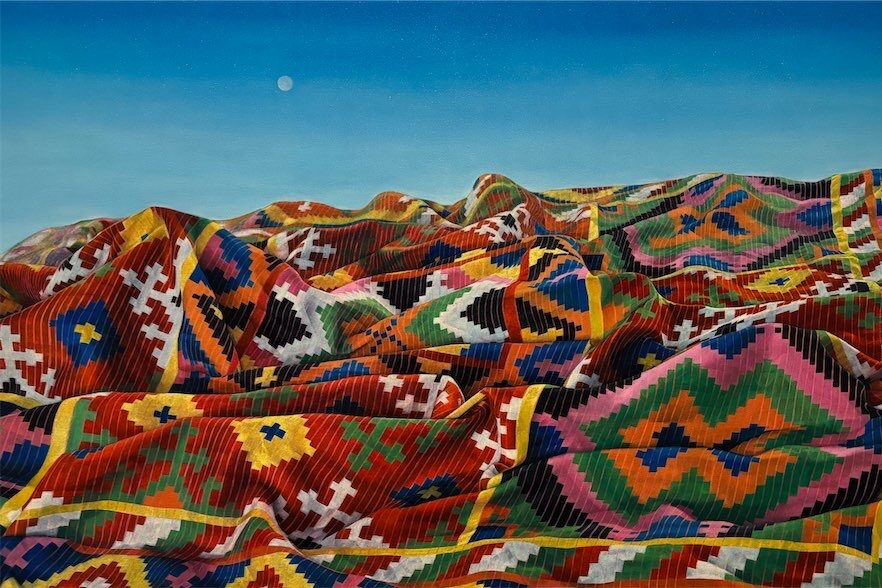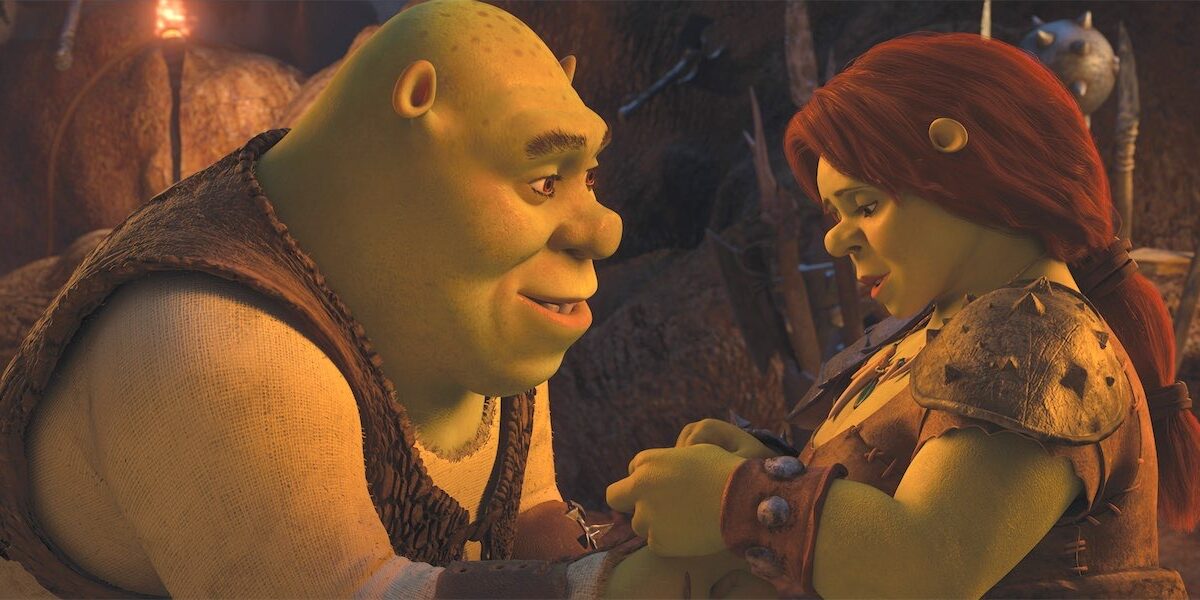
In an impressive coup for the Canberra Theatre, Akram Khan’s The Jungle Book reimagined will make its Australian debut at the Canberra Theatre in early February.
Khan, one of the UK’s most eminent choreographers, has taken Rudyard Kipling’s celebrated Jungle Book stories as a jumping-off point for an opus on climate change.
Not that Kipling was a slouch in the environmental area, for in his two 1894-5 books, he describes a devastating drought and shows Hathi the elephant and his three sons returning a village to nature.
Yes, there will be elephants, but not in the Aida sense. Rather, using state-of-the-art technology, the stage will be dominated by huge hand-drawn animations showing the “silent ones” of Kipling’s jungle.
Khan has reimagined the stories into dance as a love note to his daughter, who had confronted him with the words: “You’re doing a piece about climate change, well why are you driving a diesel car?”
At age 10, he himself had played Mowgli the man-cub in a groundbreaking production, The Adventures of Mowgli, and was not finished with it.
“I wanted to tackle The Jungle Book from my perspective rather than Kipling’s,” Khan has said. “We can’t ignore that he was a racist and an imperialist, but it doesn’t take away from the fact that the story was something that I connected with.”
His production, aimed at both children and adults, is no jolly Disney romp with happy, singing animals.
Nor will the dancers be dressed and made up as animals, although the personalities of some, such as Bagheera the panther, Kaa the rock python and Baloo the bear, will be present.
But the plot, written by actor-writer Tariq Jordan, is not as far from Kipling as you’d think.
Mowgli gets separated from her family and winds up in an abandoned city. She encounters a wolf pack led by mother Raksha and father Rama, who take her before a canine council to decide whether she can join the pack.
The animals have escaped from zoos, laboratories and circuses when humans have evacuated. In Kipling, Bagheera has escaped from a cage in the palace of Udaipur.
Drawing on his own training in the Kathak dance of Northern India and combining it with other traditions, Khan’s choreography aims to “physicalise” the animal world, and reflects the three “deep lessons” he drew from the books – “the commonality between species, the binding interdependence between humans, animals and nature and the sense of family and our need to belong.”
Khan’s work has a particular physicality that has a rawness and groundedness, an attack that has been called animalistic, but scriptwriter Tariq Jordan has given each animal a back story.
“The premise was animal physicality, based on observation of the physical structure of specific animals and how they walk, their sense of gravity, their inherent intentions, their length of their arms, their torso, spines,” says Jordan.
Conspicuous by his absence is the lame tiger, Shere Khan, Mowgli’s would-be nemesis, who has fallen victim to present-day perceptions of Kipling as a colonial narrator.
“Looking at the literature of Kipling, it was important to identify certain strands that would arguably be problematic in today’s culture,” says Akram Khan’s creative associate, the Malaysian Bharatnatyam dancer, Mavin Khoo.
“It’s fascinating that in Kipling’s story, Shere Khan is seen as a bad character but there’s also a relationship historically in terms of the assumption that a Muslim character would play that role.”
Notably, Disney had used George Sanders to voice Shere Khan as the archetypal, upper-class Brit.
The theme of listening is embedded in Jungle Book reimagined so there is an audio soundtrack of Jordan’s script voiced by a team of around 20 actors and a score by composer Jocelyn Pook and sound designer Gareth Fry. Actors recorded the words as in a film, the dancers spent time learning to lip-sync then “body sync”, then the choreography began.
“We’ve lost the art of listening,” Khan has said. “There is one place, however, where true listening still reigns… Real listening still happens in theatres.”
Jungle Book reimagined is at Canberra Theatre, February 2-3 before proceeding to Perth, Wellington and Singapore, winding up at the Adelaide Festival in March.
Who can be trusted?
In a world of spin and confusion, there’s never been a more important time to support independent journalism in Canberra.
If you trust our work online and want to enforce the power of independent voices, I invite you to make a small contribution.
Every dollar of support is invested back into our journalism to help keep citynews.com.au strong and free.
Thank you,
Ian Meikle, editor




Leave a Reply